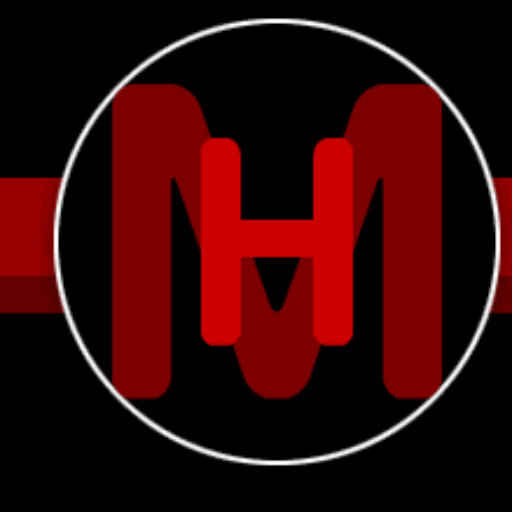Greetings, Improvisers~
Since September 2024, It’s been running at:
1. Vermont Jazz Center in Brattleboro, VT, Thursdays, from 4:00 -5:30 PM. The Spring Semester begins February 19, 2026. You’ll find more information on the VJC website: https://vtjazz.org/
Here’s the Course Description:
I hope to foster an environment where people can feel confident about creating music. Some people are actually inhibited by musical training: they only feel able to play when following a conductor, with printed music, or by duplicating music they’ve heard. We all have music within us, yet sometimes it’s blocked. We don’t believe we’re capable of improvising,, or are told that we can’t. The aim of this workshop is to enable people to get in touch with the music that’s inside them. I propose to do this by demonstrating, and by encouraging people to express themselves. The workshop can include people from a range of backgrounds, ages, instruments, and styles. Perhaps someone has long been a classical musician, and only ever played according to precise requirements.. At the other end of the spectrum, some musicians indulge in chaotic output without regard for how it actually sounds.
“If it sounds good, it is good.” ~Duke Ellington
Workshop participants need to be moderately proficient on at least one instrument; the sky’s the limit in terms of instrumentation, with the possible exception of those that are pitch-limited (e.g. bagpipes, sitar). Yet perhaps even those could have a role! Participants must be willing to listen. Guided, intensive listening will be a major element of the program, as will improvisation and discussion. It’s not uncommon to hear music described as artistic, but what does that mean? . We’ve all heard music we don’t like, but can’t always say why. In this workshop, people will be encouraged to create something that makes sense to them. Participants can take different paths, and we’ll share feedback, as peer review can be useful. Overall goals will be to compose pieces, engage in intensive listening and analysis, and present a concert. The project may include many musical styles, although the fundamental orientation will arise from the jazz tradition. We’ll explore different ways to structure improvisation. Example: A classical musician says they “can’t” improvise. I might ask them to play an excerpt from any classical piece, and then repeat it, changing any aspect of it (duration / key / tempo / feeling).We will record audio and/or video of our sessions so we can evaluate our progress.
Guiding Principles:
1 – You do NOT have to play all the time. Silence is an important part of making music.
“The music is not in the notes, but in the silence between.” -Wolfgang Amadeus Mozart
“Don’t play everything (or every time); let some things go by… What you don’t play can be more important than what you do.” ~Thelonious Monk
“In music, silence is more important than sound.” “Don’t play what’s there, play what’s not there.” ~Miles Davis
2 – It’s important to listen at all times. In fact, practicing authentic listening within this group will hopefully help participants to listen more deeply in other areas of their lives. What you play while improvising works best when it relates to something else that’s going on, unless there’s a dead space and you need to start something, and in that case, don’t just make a sound to fill the space, but learn to trust that your “inner voice” will guide you.
Here are some books that I recommend very highly:
Being Music: The Art of Open Improvisation, by Mark Miller and Art Lande
(available in several formats / websites. the above link includes an informative review)
The Music Mind Experience: Playinag / Listening / Singing / Moving, by Karl Berger and Rick Maurer
Improvisation Games for Classical Musicians, by Jeffrey Agrell
Improvisation, by Derek Bailey
Holy Ghost: The Life and Death of Free Jazz Pioneer Albert Ayler, by Richard Koloda
Free Play: Improvisation in Life and Art, by Steven Nachmanovitch
Here are some listening examples that I recommend very highly:
Albert Ayler: “Music is the Healing Force of the Universe” also “Love Cry”, “Spirits Rejoice”, “Ghosts” and many others.
Eric Dolphy: Out to Lunch (full album) Info about this album
This Page has links to several YouTube videos about improvisation in classical music.
Cecil Taylor: “You’d Be So Nice to Come Home To”
Ornette Coleman: The Art of the Improvisers
Leroi Jenkins: Mixed Quintet
Don Cherry: Eternal Rhythm (full album) Info about this album
John Coltrane: Concert in Japan
